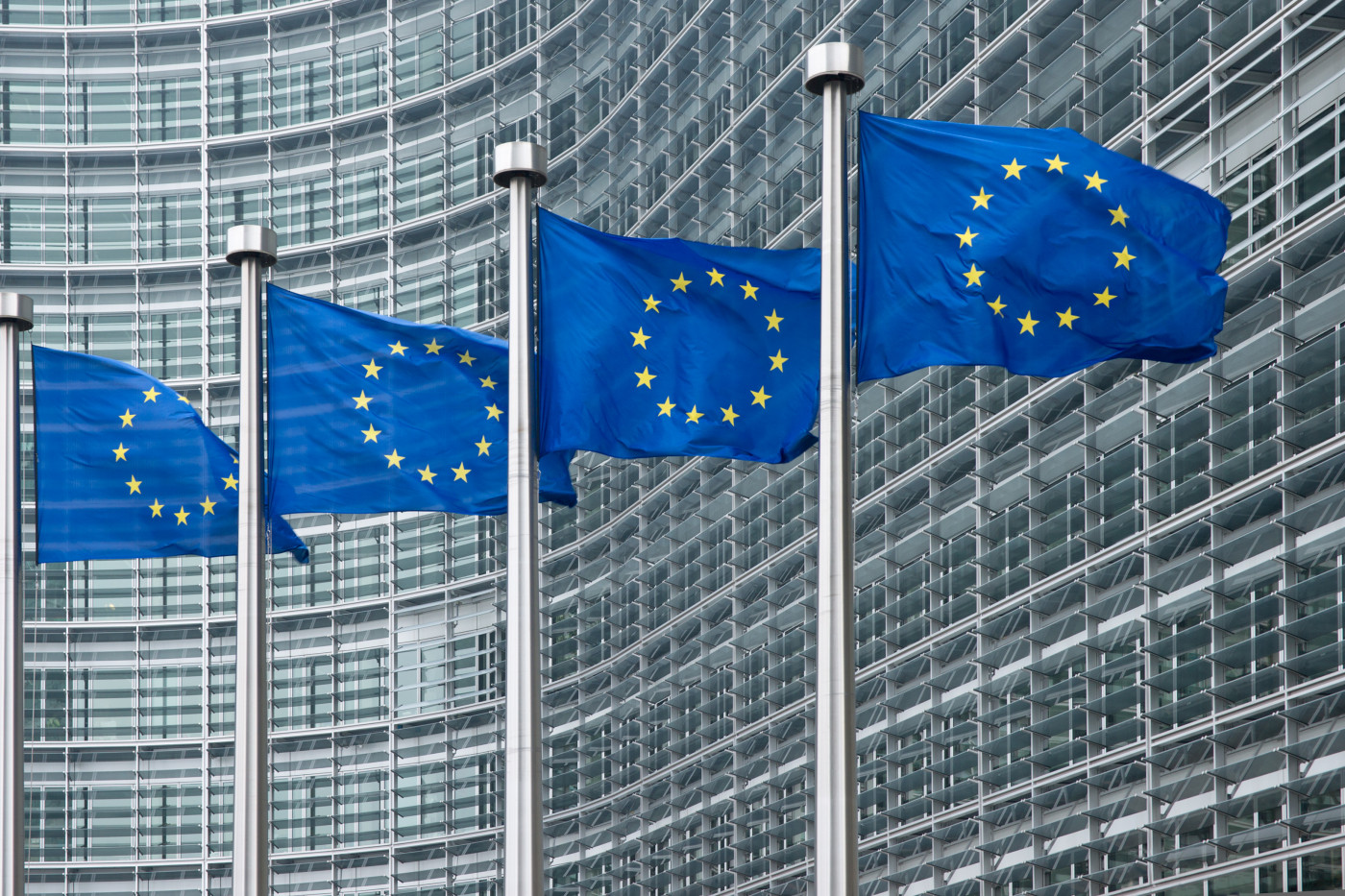EU Approval Urged for GSX’s Belantamab Mafodotin for Heavily Treated Myeloma

GlaxoSmithKline’s investigational therapy belantamab mafodotin has been recommended for approval in the European Union, by the Committee for Medicinal Products for Human Use (CHMP), for heavily treated multiple myeloma patients.
The marketing authorization application, accepted for review in February, is specific for people with relapsed or refractory disease who were previously treated with an immunomodulatory agent, a proteasome inhibitor, and a CD38-targeting antibody. Of note, refractory cancer, or resistant cancer, does not respond to treatment.
Opinions released by the CHMP, an arm of the European Medicines Agency (EMA), are generally accepted by the European Commission, which makes the final decisions on approving all treatments used in the EU.
“Today’s positive opinion from the CHMP is an important step in helping patients suffering from relapsed or refractory multiple myeloma who currently have limited options and poor outcomes,” Axel Hoos, MD, senior vice president and head of oncology research & development at GSK, said in a press release.
A similar application is currently being analyzed under priority review status by the U.S. Food and Drug Administration (FDA). The agency’s Oncologic Drugs Advisory Committee recently issued a positive recommendation for its approval.
Belantamab mafodotin has received priority medicines status by the EMA and a breakthrough therapy designation by the FDA; both were meant to accelerate its development and review.
An antibody-drug conjugate, belantamab mafodotin is a monoclonal antibody chemically linked to a drug. It comprises an antibody targeting the B-cell maturation antigen (BCMA) — a protein found on the surface of virtually all myeloma cells — bound to the cancer-killing agent auristatin F. Upon binding to BCMA, the therapy releases auristatin F into myeloma cells, killing them.
“If approved, belantamab mafodotin will provide patients and physicians across much of Europe with a first-in-class anti-BCMA treatment option that works differently from other available therapies for this incurable disease,” Hoos said.
The CHMP’s positive opinion was based on data from the ongoing, open-label DREAMM-2 Phase 2 clinical trial (NCT03525678). That study is evaluating the safety and effectiveness of belantamab mafodotin in 196 myeloma patients who received at least three prior lines of treatment. Altogether, the participants had received a median of seven previous lines of therapy, with some having been treated up to 21 times.
In this trial, the participants were randomly assigned to receive either 2.5 mg/kg (97 patients) or 3.4 mg/kg (99 patients) of belantamab mafodotin, once every three weeks.
The main goal was to assess the proportion of patients responding to treatment. The secondary goals included duration of response, time to disease progression or death, overall survival, safety, and several laboratory assessments.
DREAMM-2’s six-month data, published in The Lancet Oncology, showed that about one-third of patients in both dose groups responded to treatment. Among those responding, more than half achieved at least very good partial responses, meaning near total cancer elimination.
The participants receiving the therapy’s lower dose lived without signs of disease progression for a median of 2.9 months. Those on the higher dose lived for a median of 4.9 months without disease progression. However, the incidence of serious adverse events leading to death, and the need for treatment dose reductions, were more frequent among those receiving the treatment’s higher dose.
Given those factors, GSK requested approval of belantamab mafodotin’s lower dose in both of its applications.
Updated results from 13 months of treatment, presented at the 2020 ASCO Virtual Annual Meeting, were consistent with previous findings. That data showed that 32% of patients receiving the lower dose of belantamab mafodotin responded to treatment, with 58% of the responders attaining very good partial responses or better.
There also were five complete responses — meaning total cancer eradication — and two stringent complete responses, a stronger type of complete response, in this group. Those receiving the lower dose had a median response duration of 11 months and lived for a median of 13.7 months.
The therapy’s safety and tolerability profile were consistent with that reported in previous trials. The most common severe, life-threatening, or fatal adverse events among those receiving the 2.5 mg/kg dose included keratopathy, or cornea damage (46%), low platelet counts (22%), anemia (21%), and low white blood cell counts (11%).
Should the European Commission support CHMP’s opinion, health authorities in each EU member state will decide whether to bring belantamab mafodotin — meant to be marketed as Blenrep — into their respective public health programs, where patients would be able to access the treatment at low or no cost.






